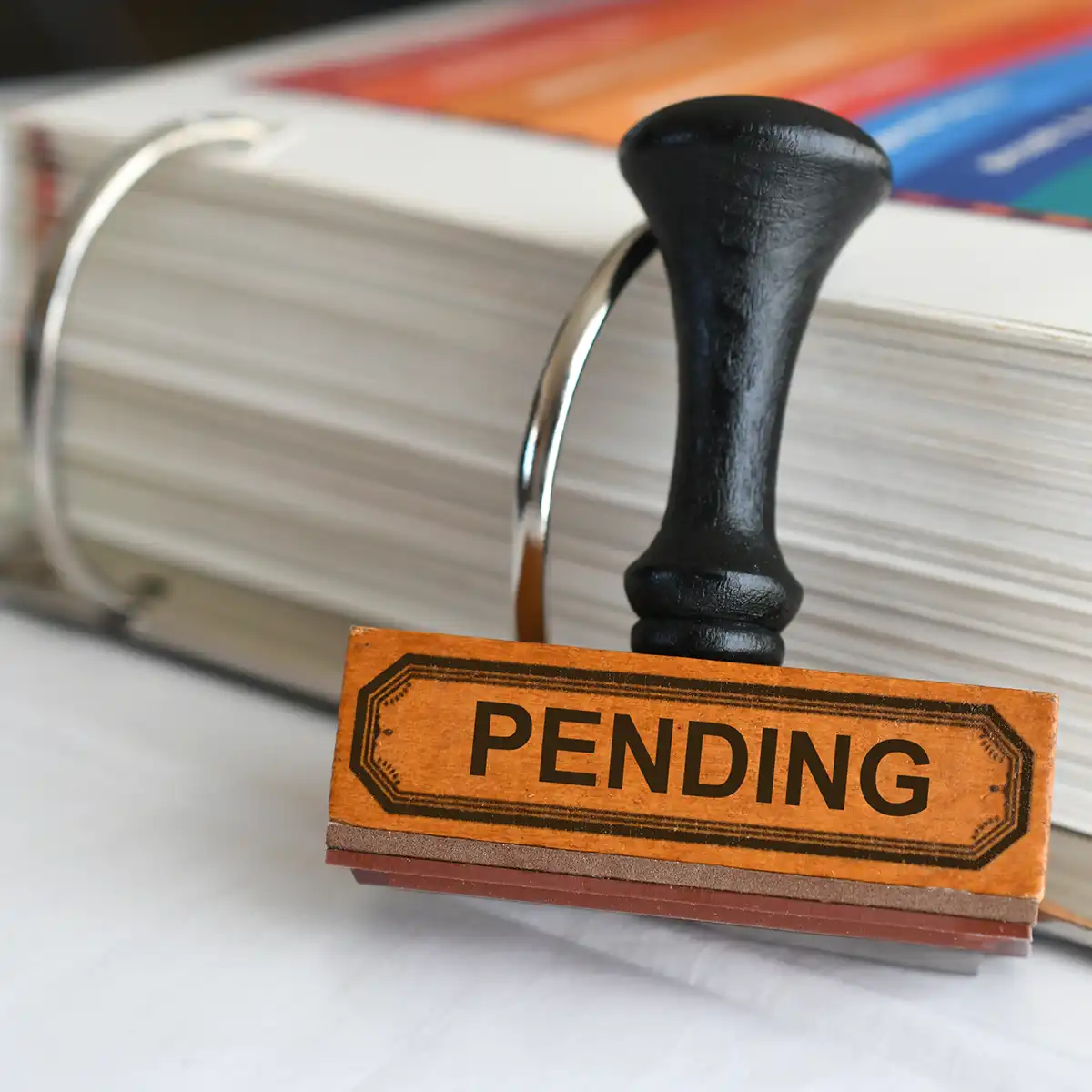Earnest Money in Real Estate: Understanding This Crucial Buying Condition
In our last post, we explored the Due Diligence Fee and Period in depth. Today, I’d like to focus on another essential element in real estate transactions: Earnest Money in Real Estate. This is a key component of the home-buying process, providing clarity and confidence for both buyers and sellers. Let’s break down what Earnest Money in Real Estate is, how it differs from the Due Diligence Fee, and why it’s so important.
What is Earnest Money in Real Estate?
Earnest Money in Real Estate, sometimes referred to as a “good faith deposit,” is a sum paid by buyers to demonstrate their serious intent to purchase a property. This deposit shows sellers that the buyer is committed and ready to proceed. Typically, the earnest money is held in an escrow account and applied toward the purchase price at closing.
For buyers, this initial deposit is a way to secure the property while working through the due diligence phase. If you’re new to Earnest Money in Real Estate, think of it as a tangible signal to the seller that you’re genuinely interested and financially prepared to move forward.
How is Earnest Money Different from the Due Diligence Fee?
One of the common questions I hear is how Earnest Money in Real Estate differs from the Due Diligence Fee. The key difference lies in the refundability and purpose of each. While the Due Diligence Fee is a non-refundable payment made to the seller to compensate for taking the property off the market during inspections and evaluations, Earnest Money in Real Estate is often refundable if certain conditions in the contract aren’t met.
These conditions are typically outlined in the purchase agreement and might include specific terms such as the buyer’s ability to obtain financing or the outcome of a home inspection. Understanding the distinct roles of these payments helps both buyers and sellers know what to expect if any issues arise during the process.
For a deeper dive into the Due Diligence Fee, feel free to check out my detailed blog post on the topic.
Why is Earnest Money Important?
Earnest Money in Real Estate is valuable to both buyers and sellers. For sellers, it provides assurance that the buyer is genuinely committed and not likely to walk away from the deal without reason. This financial commitment signals that the buyer is ready to take the next steps, helping the seller feel more secure in the transaction.
For buyers, Earnest Money in Real Estate strengthens their negotiating position. By making this good faith deposit, buyers show that they’re financially prepared and willing to invest in the process. In competitive markets, having earnest money on the table can help buyers stand out, especially when multiple offers are involved. It shows the seller that you’re serious, which can make a difference in securing the property you want.
Navigating Earnest Money and Real Estate Transactions with Confidence
As your real estate guide in North Carolina, I’m here to help you understand every aspect of Earnest Money in Real Estate. Knowing how much to offer as earnest money, understanding when it’s refundable, and navigating the contractual details are all part of ensuring a smooth and successful transaction.
If you’re considering purchasing a home, don’t hesitate to reach out with questions or for additional guidance. I’m here to make sure you’re fully informed and prepared, providing peace of mind throughout the buying process.
For more guidance on Earnest Money in Real Estate and other important aspects of buying a home, feel free to visit our Services page. I’m here to ensure you’re well-prepared every step of the way, making your real estate journey as smooth and successful as possible.



